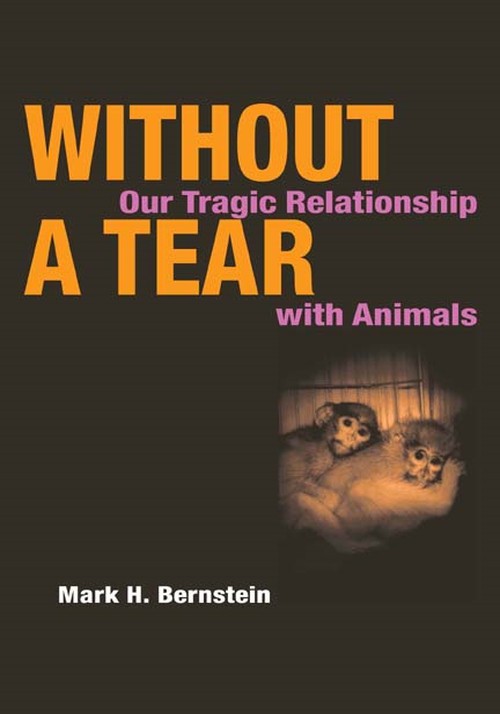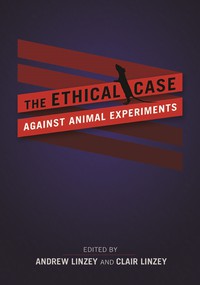
Without a Tear
About the Book
In Without a Tear Mark H. Bernstein begins with one of our most common and cherished moral beliefs: that it is wrong to intentionally and gratuitously inflict harm on the innocent. Over the course of the book, he shows how this apparently innocuous commitment requires that we drastically revise many of our most common practices involving nonhuman animals.Most people who write about our ethical obligations concerning animals base their arguments on emotional appeals or contentious philosophical assumptions; Bernstein, however, argues from reasons but carries little theoretical baggage. He considers the issues in a religious context, where he finds that Judaism in particular has the resources to ground moral obligations to animals. Without a Tear also makes novel use of feminist ethics to add to the case for drawing animals more closely into our ethical world.
Bernstein details the realities of factory farms, animal-based research, and hunting fields, and contrasting these chilling facts with our moral imperatives clearly shows the need for fundamental changes to some of our most basic animal institutions. The tightly argued, provocative claims in Without a Tear will be an eye-opening experience for animal lovers, scholars, and people of good faith everywhere.
About the Author
Mark H. Bernstein is a professor of philosophy at the University of Texas at San Antonio and the author of two books, On Moral Considerability: An Essay on Who Morally Matters and Fatalism.Reviews
Blurbs
"Bernstein's book is a major contribution to contemporary philosophical discussions about the moral status of animals. It is elegantly and incisively written with a delightful lightness of touch. Most importantly, the case it advances is unanswerable."--The Reverend Dr. Andrew Linzey, Oxford University, author of Animal Theology
"Bernstein's scholarship is excellent and he is scrupulously honest in his intellectual analysis."--Priscilla Cohn, author of Ethics and Wildlife
"This is a rich book, full of insight and arresting argument, written in a way that can be appreciated both by the philospher and by the intelligent citizen. . . . Its central arguments are powerful, well-developed, and not dependent upon a controversial moral theory."--Robert Bass, University of North Florida








